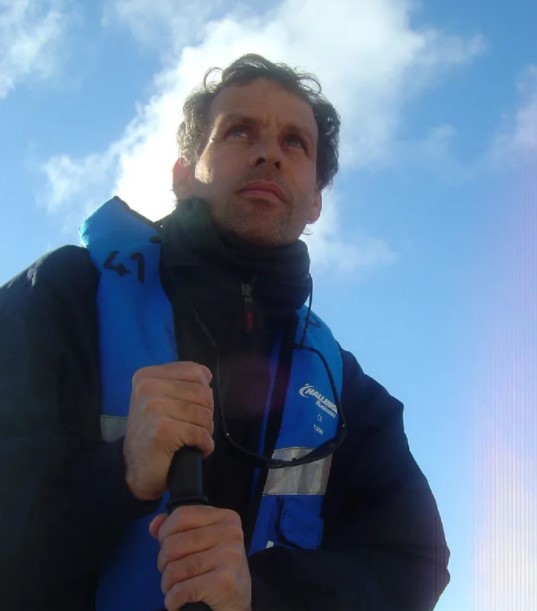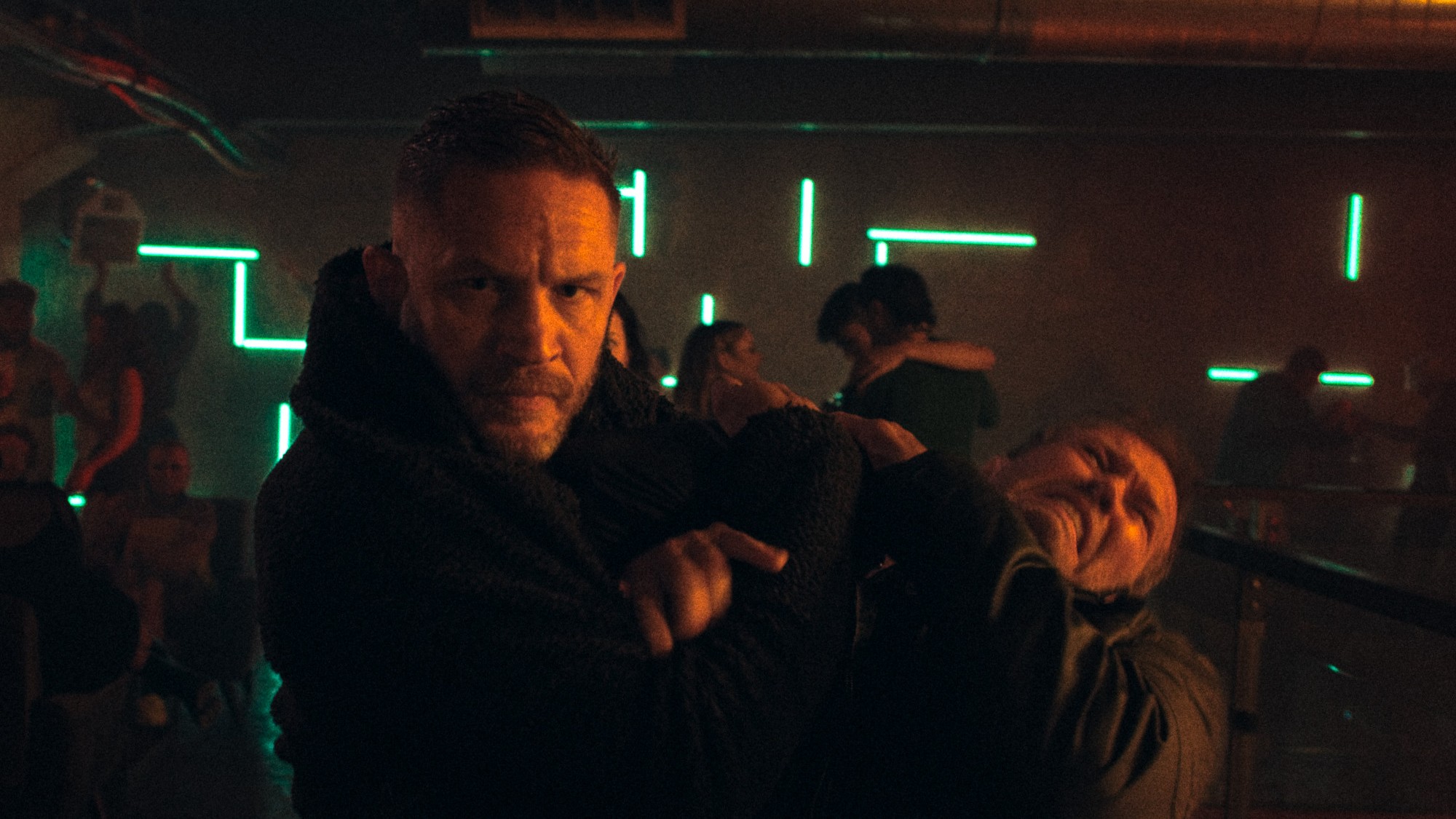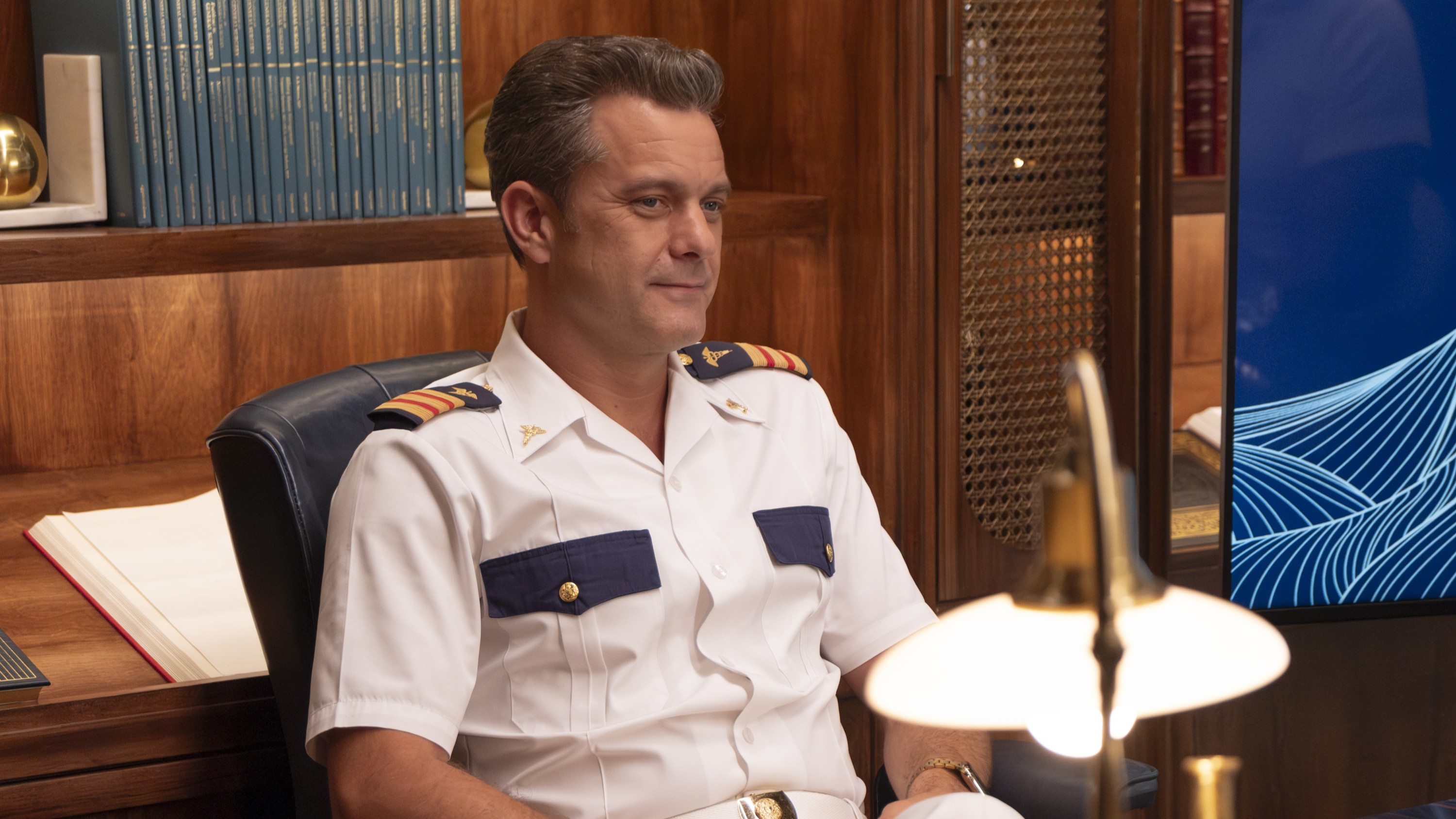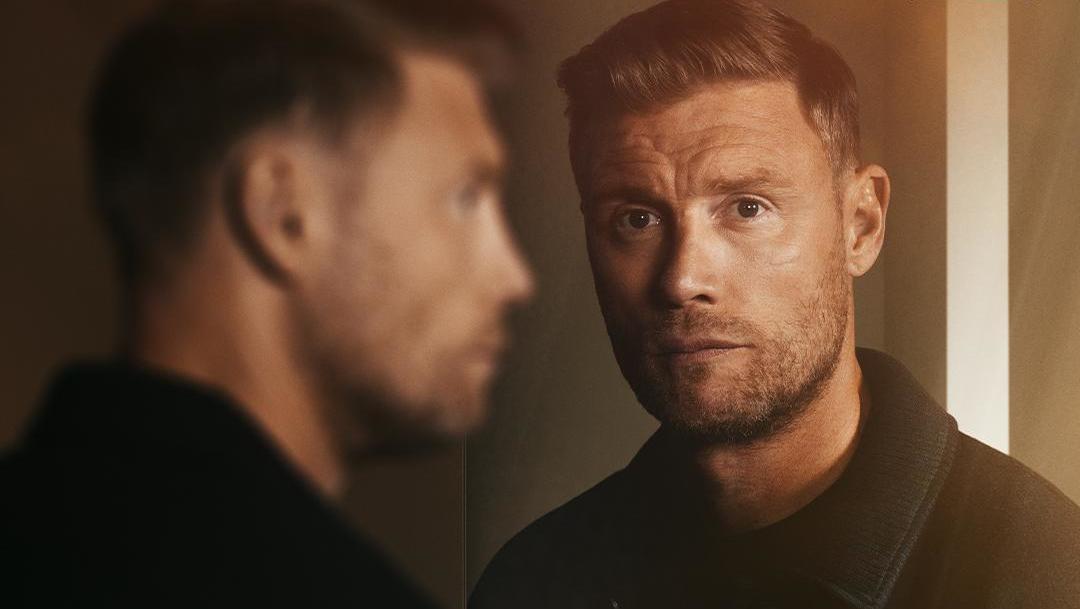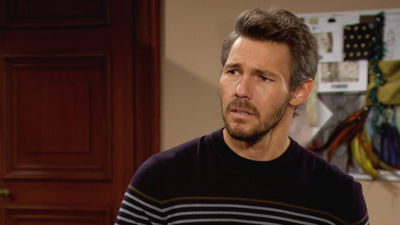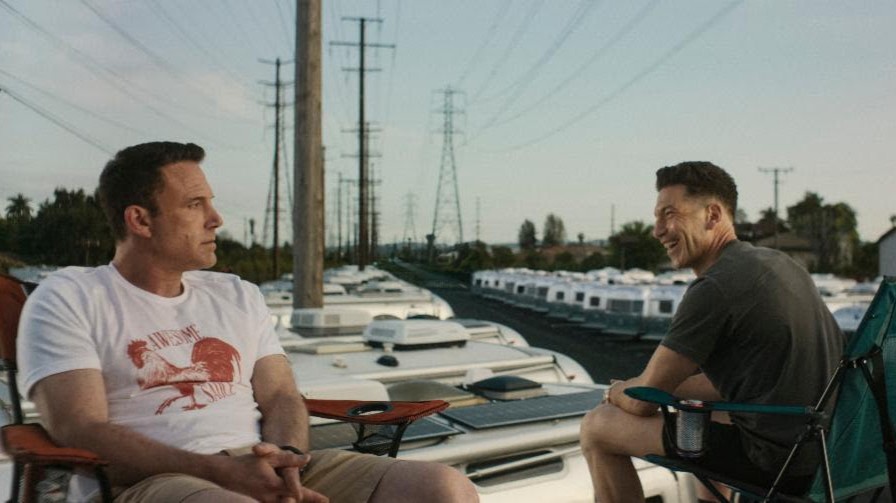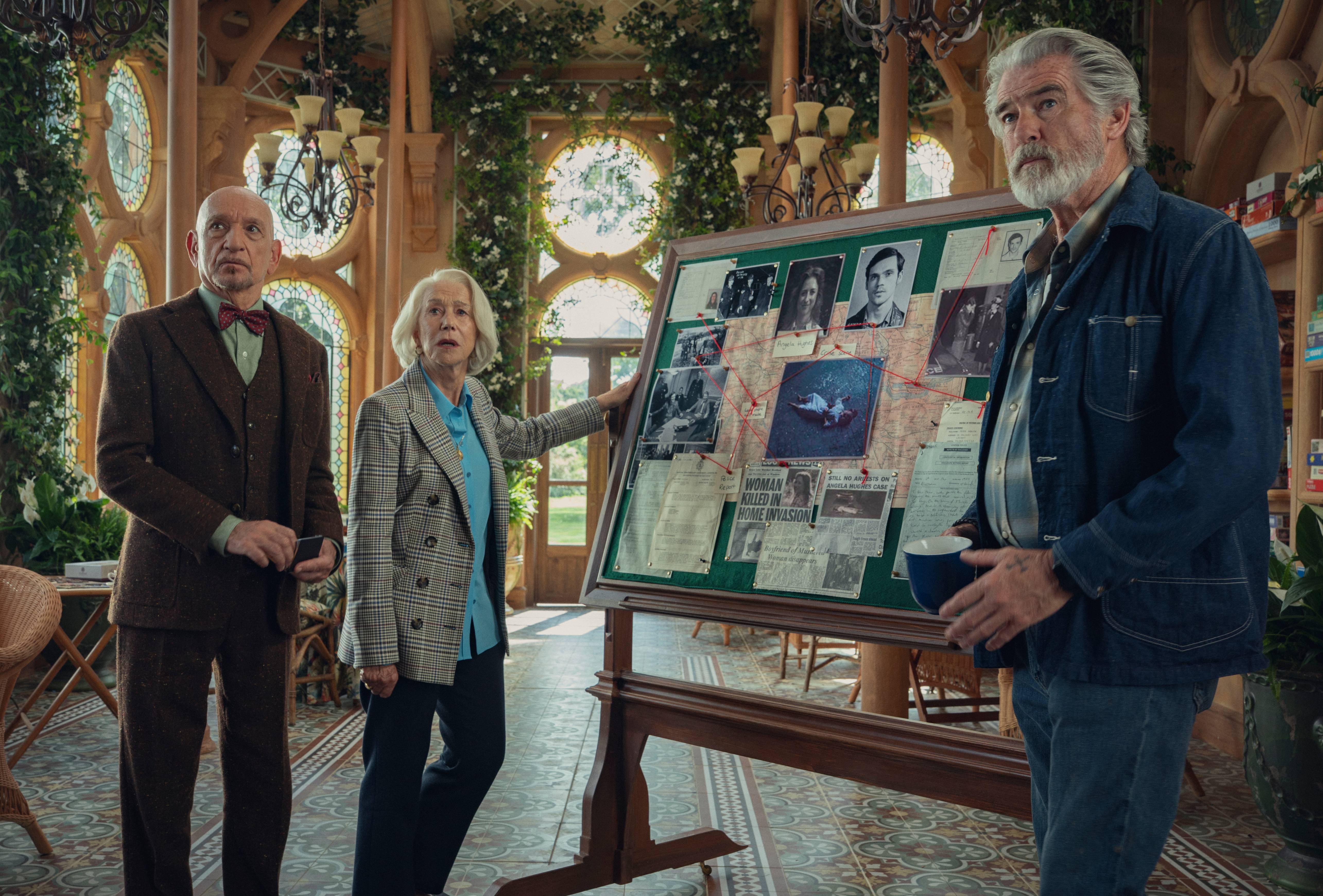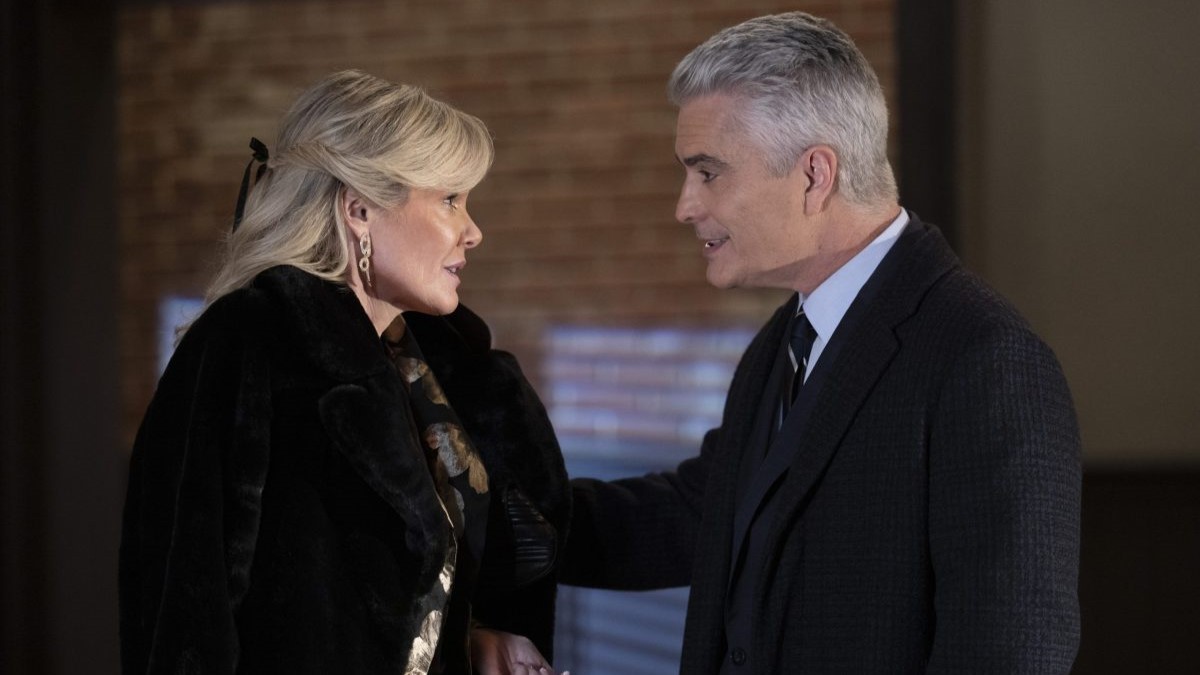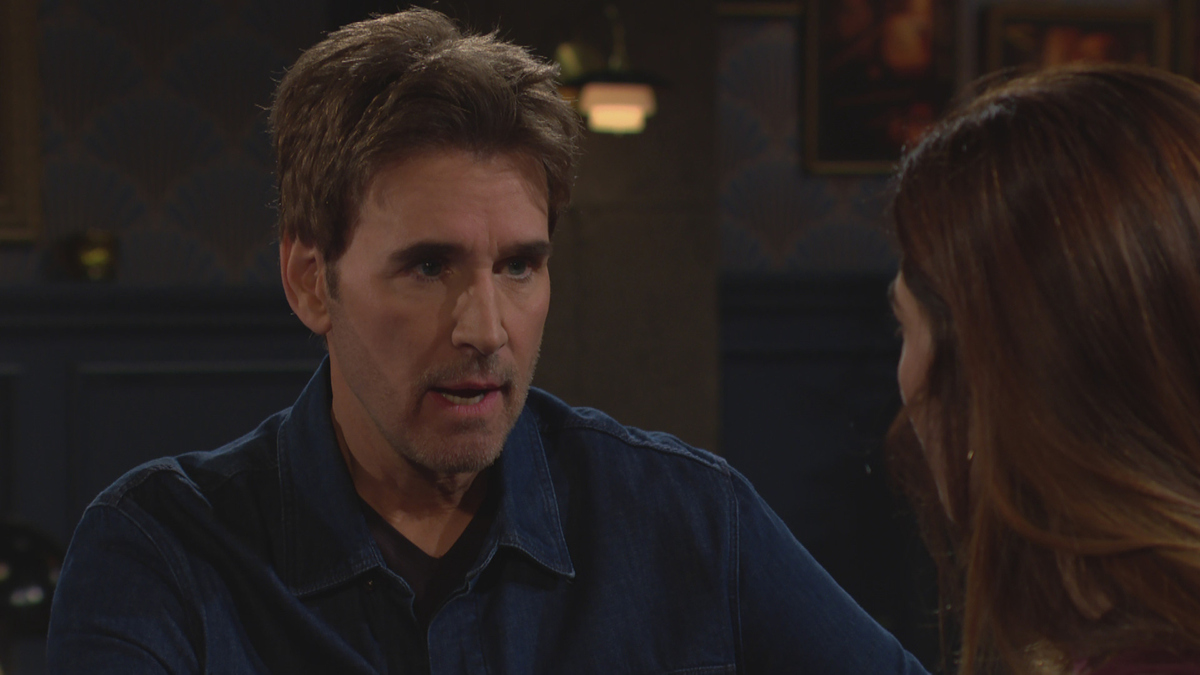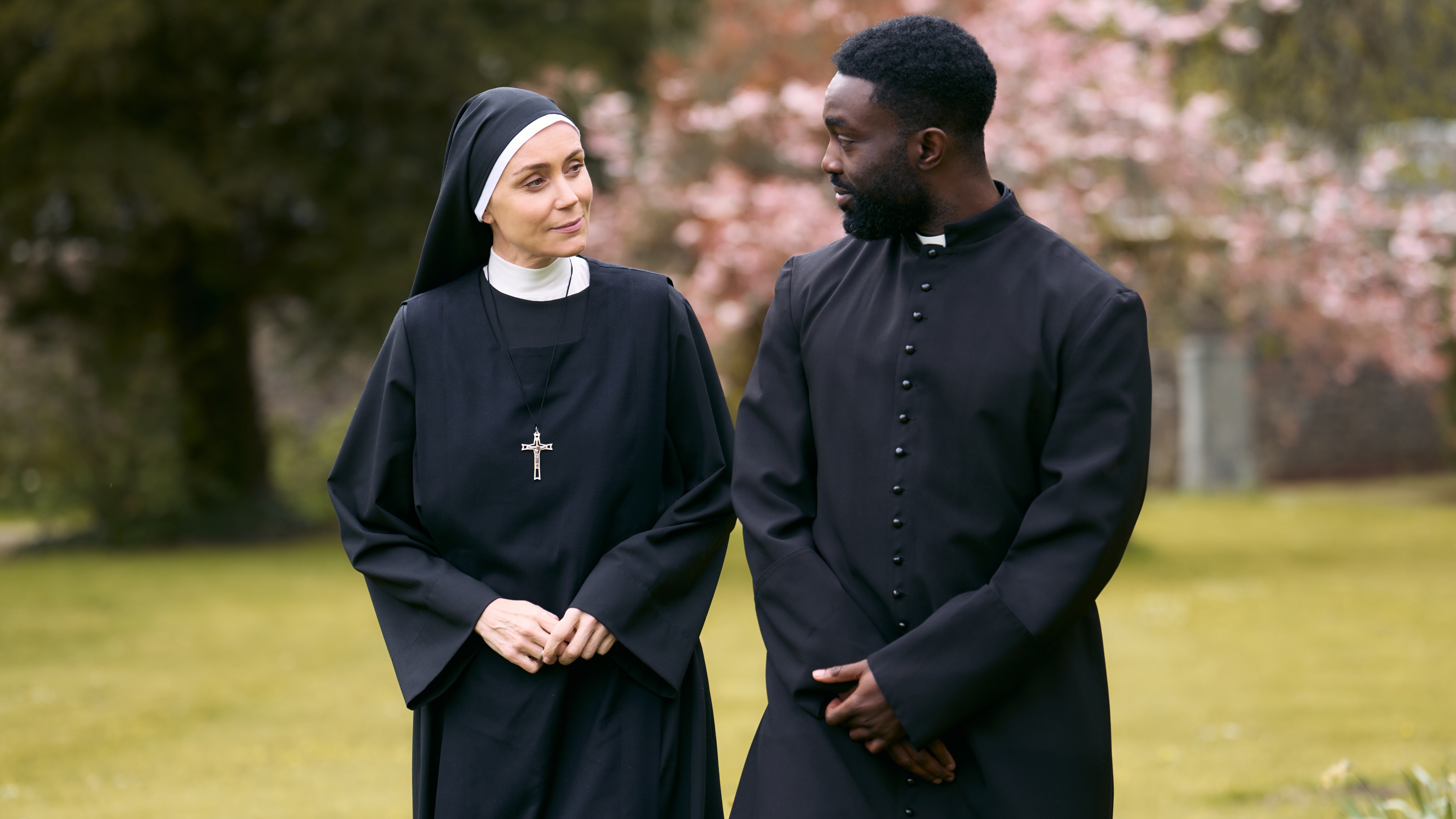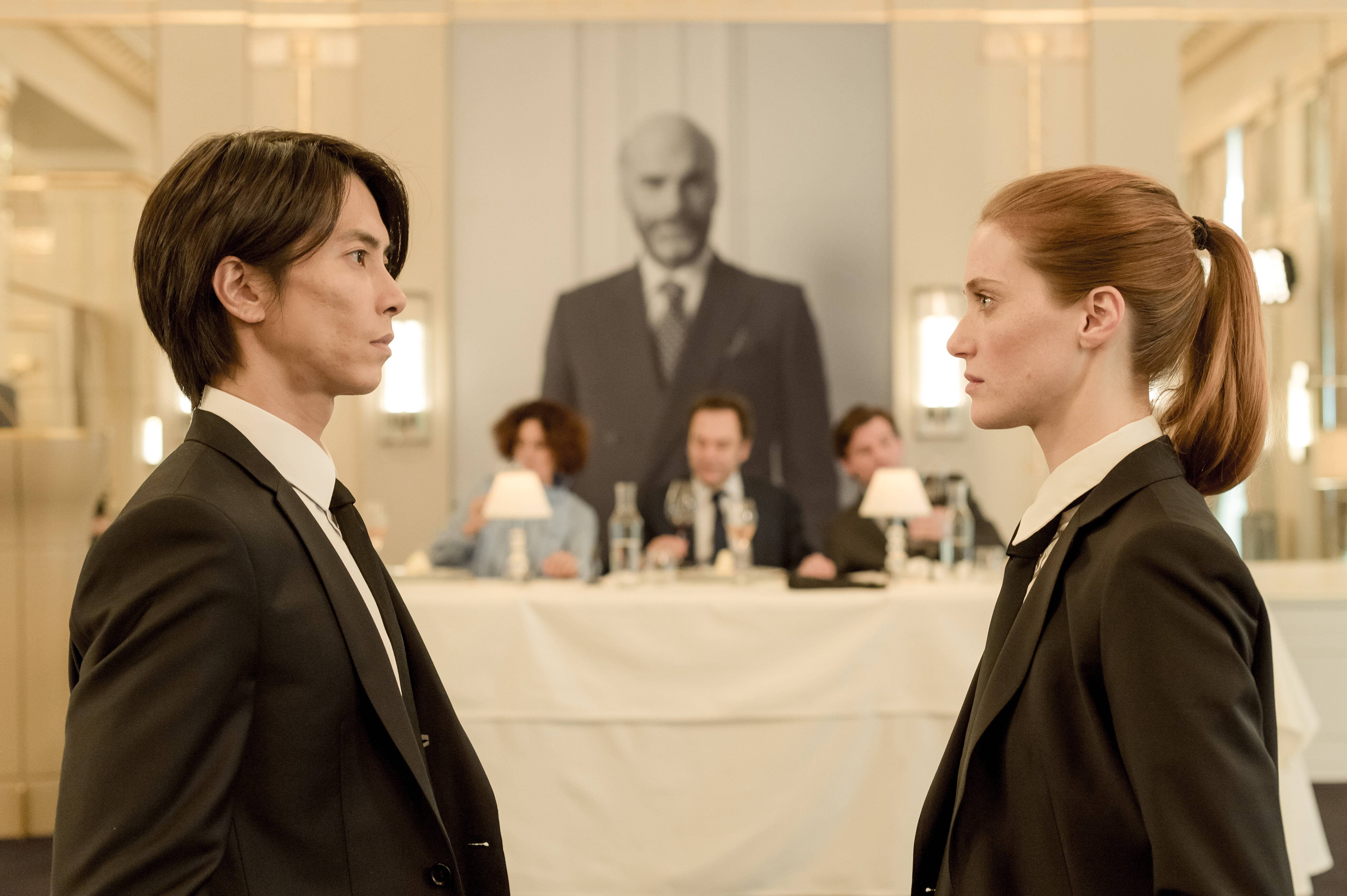Valkyrie | Tom Cruise plays a one-eyed German officer plotting to kill Hitler - how close does he get?
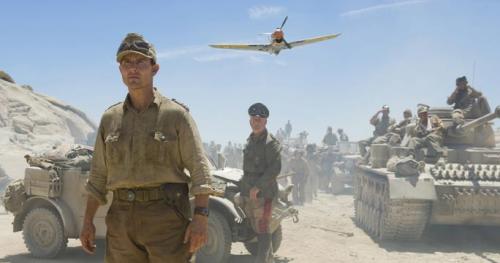
After all the pre-release fuss over Tom Cruise playing a German hero, how does the famous Scientologist and sofa jumper’s movie about the soldier who tried to blow up Hitler in 1944 measure up? Is Valkyrie a sober retelling of a fascinating historical episode or Mission: Impossible in jackboots? And does Tom pull off his role as a wounded German war hero or is he simply playing Ethan Hunt in an eye-patch?
Well, Cruise does his best, and if you can get past his impeccably American accent, you may just buy him as Colonel Claus von Stauffenberg, the aristocratic German army officer who joined a clandestine group of disillusioned fellow officers in a conspiracy to kill Hitler and seize control of the Reich.
The story is certainly gripping, notwithstanding the obvious stumbling block that stands in the movie’s path when it comes to generating suspense – we all know the outcome.
Stauffenberg failed, of course, but even though I’ve long known the broad outlines of the assassination attempt – a bomb hidden in a briefcase smuggled into Hitler’s briefing room on 20th July 1944 – I never realised quite how breathtakingly audacious the plot was, and how close it came to succeeding.
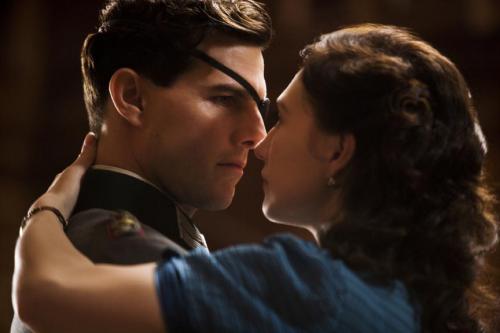
Nor did I know very much about Stauffenberg himself. Well, the film introduces us to him in Tunisia, where he is serving as a member of the 10th Panzer Division. Given that a German soldier in World War Two is not someone you’d usually root for, the movie bends over backwards to portray him as a ‘good German’, providing him with a voice-over to show how his horror at the atrocities being committed under Hitler is inclining him towards the anti-Nazi resistance. (All this is true to the historical Stauffenberg, although according to some commentators, the film doesn’t do justice to the complexity of his character and beliefs.) Before he can do anything, though, he gets strafed by a British fighter and loses his left eye, his right hand, and the fourth and fifth fingers of his left hand - but none of his charisma.
Back in Germany, he joins the group of high-ranking army officers, many of them from similarly aristocratic backgrounds, who are plotting against Hitler. Stauffenberg knows that it’s not enough simply to kill the Führer; an assassination has to be accompanied by a coup d'état. His cunning plan is to use ‘Operation Valkyrie’, Hitler’s own emergency strategy to ensure the survival of the government in the event of his death, and turn it against the Nazi regime, using Germany’s Reserve Army to decapitate the SS before anyone grasps that a coup is taking place.
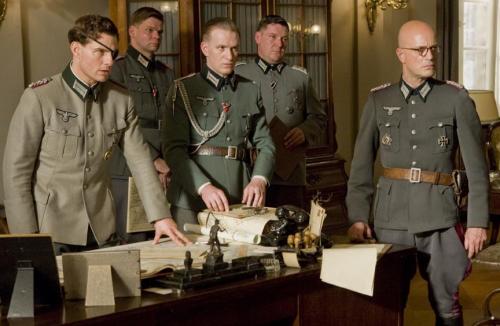
It’s an incredible story, and director Bryan Singer (working from a script co-written by his Usual Suspects collaborator Christopher McQuarrie), effectively ratchets up the tension as the mechanics of the Stauffenberg plot unfold. But I suspect the film would be even more involving in different hands. From the start, the movie’s Hollywood sheen and its stellar casting work against the air of authenticity Singer and co are trying to establish. So does the film’s odd mélange of accents (Stauffenberg’s fellow conspirators are played by such doughty British thesps as Kenneth Branagh, Bill Nighy, Terence Stamp and, even, disconcertingly, Eddie Izzard, their voices at odds with all-American Cruise).
Get the What to Watch Newsletter
The latest updates, reviews and unmissable series to watch and more!
Valkyrie isn’t a disaster, but I’d rather have seen a different telling of the story. As Cruise and his cohorts went through their motions on screen, I couldn’t help thinking of the string of impressive movies from German filmmakers in recent years that have tackled the country’s recent past, including Downfall (about Hitler’s final days), The Lives of Others (about Stasi snooping in Cold War East Germany) and The Baader-Meinhof Complex (about the eponymous gang). Watching the Stauffenberg plot come within a hair’s breadth of success, it's only possible to reflect on what might have been.
A film critic for over 25 years, Jason admits the job can occasionally be glamorous – sitting on a film festival jury in Portugal; hanging out with Baz Luhrmann at the Chateau Marmont; chatting with Sigourney Weaver about The Archers – but he mostly spends his time in darkened rooms watching films. He’s also written theatre and opera reviews, two guide books on Rome, and competed in a race for Yachting World, whose great wheeze it was to send a seasick film critic to write about his time on the ocean waves. But Jason is happiest on dry land with a classic screwball comedy or Hitchcock thriller.
